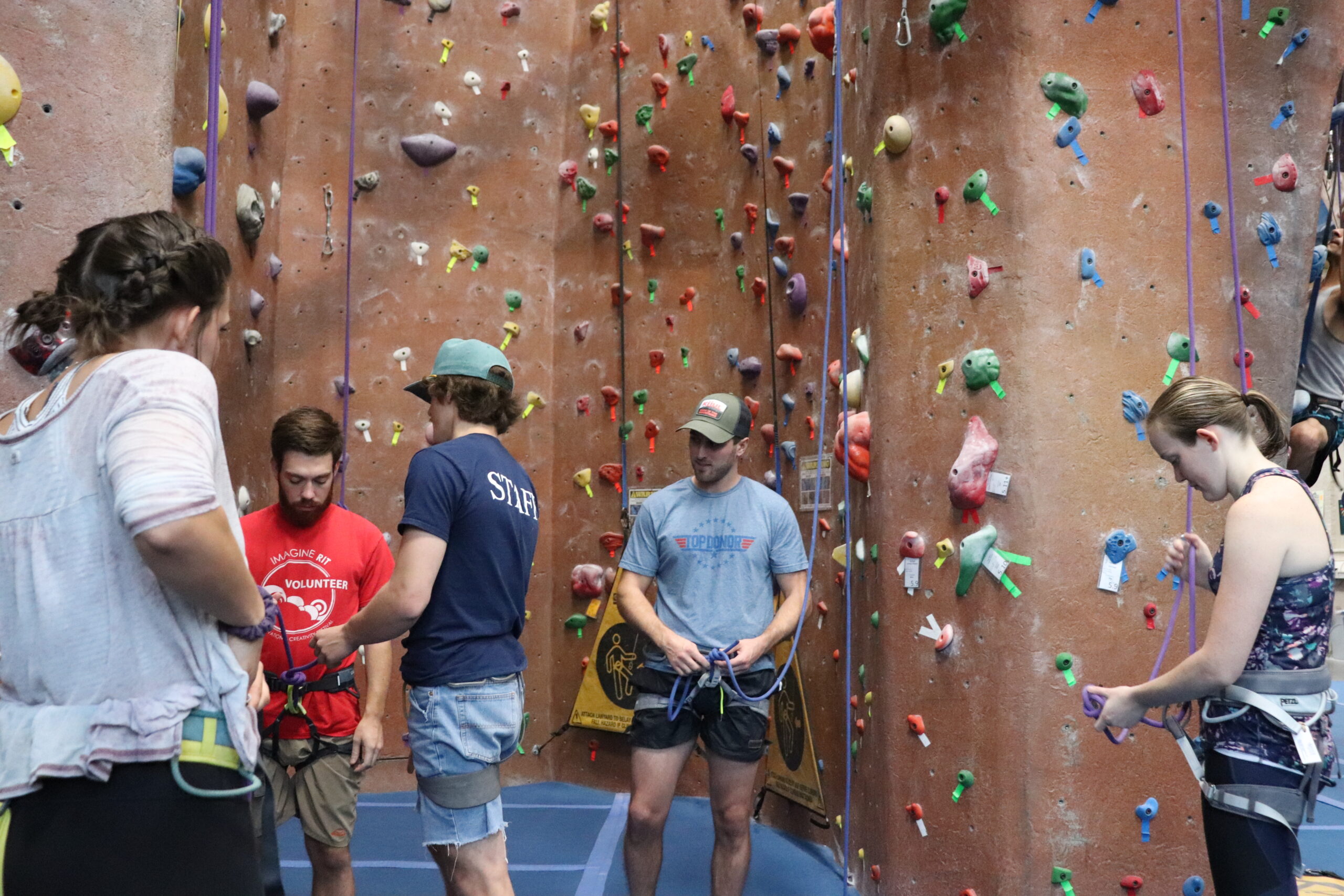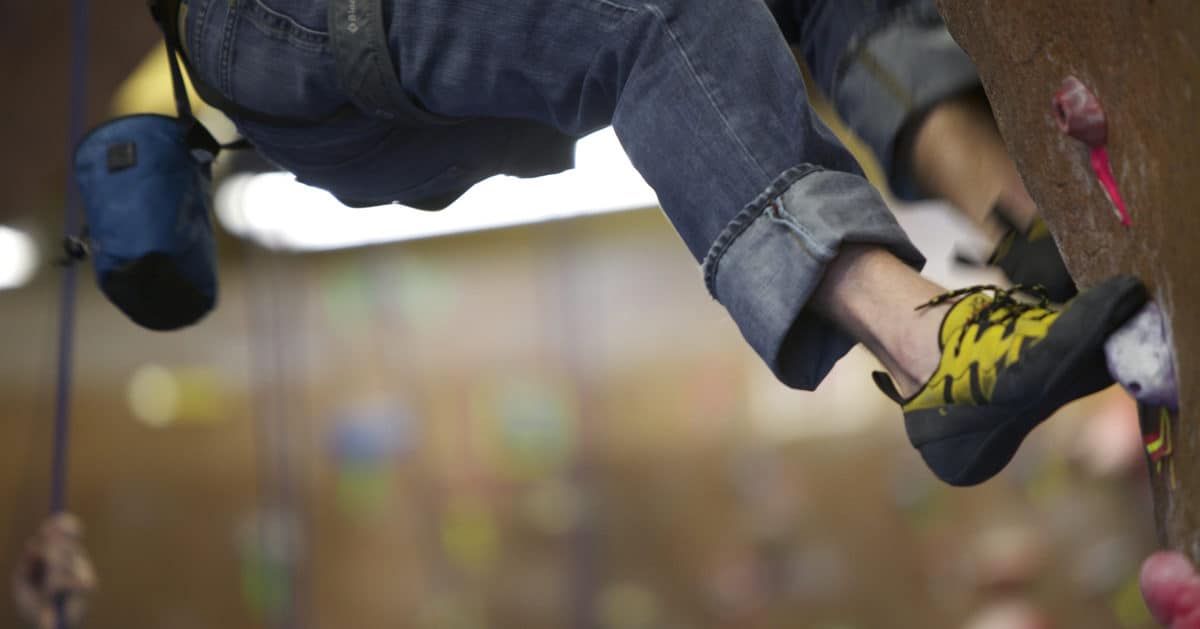Happy Friday! Today, I’ll be talking about some of those weird words you may hear while you’re on a rocktastic adventure.
Common Climbing Jargon:
Aid Climbing: climbing while adding devices to a rock face in order to assist a climber in her ascent
Anchor: a natural or artificial structure that holds the rope used for belaying in position
Belay: a rope setup worked by a climber’s partner to catch the climber when he falls or lower him down after he finishes his ascent
Beta: advice (not always freely given or accepted) on how to complete a route or section of a route
Bolt: a permanent form of protection that is drilled into a rock, to which carabiners can attach
Bump: the act of quickly moving a hand or foot from one temporarily useful hold to another
Cam: a temporary, spring-loaded form of protection that contracts to fit into a crevice and then expands once inside to stay securely in position
Carabiner (Biner): a metal coupling link with a safety closure that can open and close, used to hold gear or as anchors for belaying
Campus: climbing without using your legs or feet
Chock: a mechanical device to be wedged into crevices as an anchor
Crimp: a technique in which a climber presses her fingertips flat on the small surface of a hold and raises her knuckles, often also placing her thumb over the top of her index finger and partially over her middle finger.
Dyno: the act of jumping from one hold to the next, losing all contact with the rock while in mid-jump
Figure 8: a knot used to secure a climber’s harness to the belay rope
Flag: the act of holding the leg out to the side in order to maintain balance in a certain position on the wall
Flash: to successfully send a route on the first attempt after having received some kind of beta
Hook: the act of hooking the heel or toes around another hold in order to provide greater balance or support
Jug: a large, easy-to-grab hold
Match: the act of using both hands or feet on a single hold
On-Sight: to successfully send a route on the first attempt without having received any prior advice (beta)
Pitch: the portion of a climb between two belay points
Red-Point: to complete while placing protection a route after many unsuccessful attempts
Send: to cleanly complete a route
Sit-Start: to begin a climb while sitting on the ground
Spot: the act of waiting in preparedness beneath a boulderer to ease his fall
Top-Out: the act of completing a route by ascending over the top of the structure being climber
Traverse: to climb in a horizontal direction
That’s all for now! Can you think of anything important I’ve missed? If so, post below to let me know!

